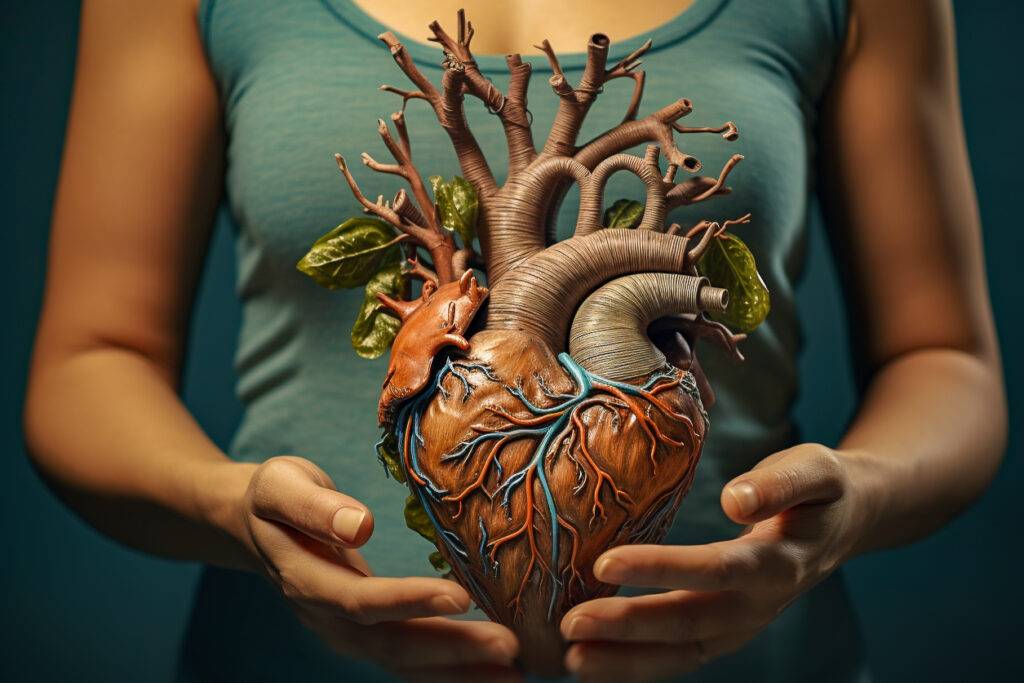Altruism is essentially the willingness to take selfless actions to improve the well-being of others. It goes beyond self-interest; it alleviates the suffering of fellow human beings, reflecting the essence of compassion and empathy. Altruism is our inner strength that inspires kindness, generosity and genuine concern for our fellow human beings, thus creating a bond between people as a whole.
In the complex interaction of human relationships, altruism serves as a force that fosters a sense of community and shared responsibility. It encourages people to lend a helping hand to those in need, not for personal gain but motivated by an inner sense of duty. Altruistic acts, both small and large, can be seen at all levels of society, creating a positive impact and fostering a culture of goodwill.
Altruism is the opposite of strong selfishness, i.e. the notion that one’s actions are motivated solely by personal gain. It reflects the belief that the well-being of others is closely linked to our own well-being, i.e. it is influenced by the interconnectedness of people. By practicing altruism, individuals contribute to creating a more compassionate and harmonious world.
While altruistic acts are often associated with generosity and charity, they can take many forms, from listening to supporting a friend in need. The beauty of altruism lies not only in grand gestures, but also in the everyday moments of kindness that collectively shape our society.
The tension between self-interest and selflessness, the struggle to balance individual needs with the needs of others, makes the journey of altruism more challenging. Yet despite these challenges, altruism remains a beacon of hope, illuminating the path towards a more compassionate and inclusive society.




